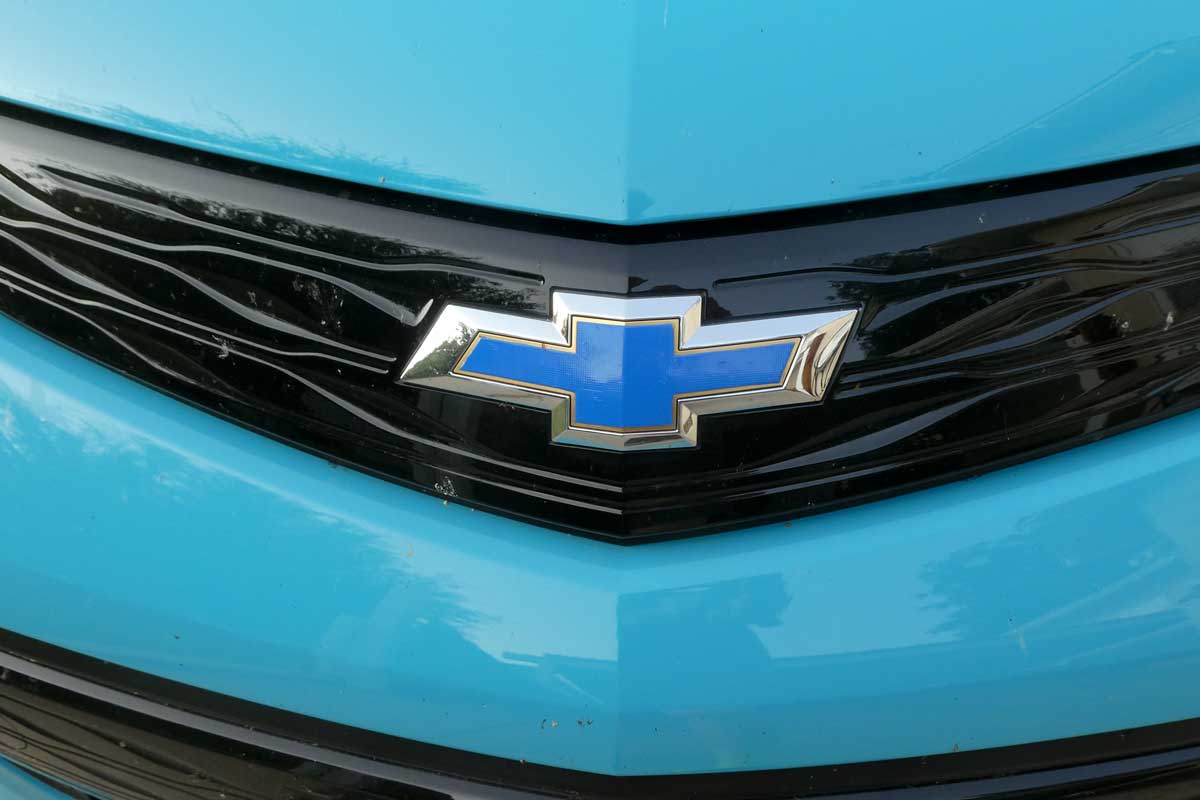News & Articles on Electric Vehicles
We’ve made great strides in moving the electricity sector toward renewable energy. However, transportation remains a major source of air pollution and global warming gases. If we are to make a transition to renewable energy, we will need to electrify as much of the economy as we can, including transportation. Electrified rail is one means, electric vehicles (EVs) are another. The focus here is mostly on our experience driving EVs. We’ve been driving electric since the fall of 2014.

10 Quick Responses to Common Electric Car & Renewable Energy Myths
By
Zachary Shahan
Solar power and wind power are now the cheapest options for new electricity on the market. For this reason, solar and wind actually dominate new power plant capacity around the world. (Myth: Solar and wind power are expensive.)

California Refineries Close as Gasoline Demand Slips into Permanent Decline
By
Michael Barnard
California’s refinery closures are best understood as demand-driven, not regulation-driven. Supply shocks will come with them, but those are normal features of a disruptive transition. Reading the signals correctly is critical. What is happening in California now will happen in other regions as EV penetration deepens. The state is simply showing the rest of the world what the future of gasoline and diesel refining looks like once the tipping points of electrification are crossed.

Stop Burning Stuff–Home Electrification at Sierra Club Buena Vista Group Breakfast
By
Paul Gipe
August 2, 2025 Check against delivery at the 2 August 2025 Sierra Club’s Buena Vista Group breakfast at Hodels in …

EVs Pay Off Their Carbon Debt in Just 2 Years — After That, It’s No Contest:
By
External Source
Recent studies confirm that battery electric vehicles (BEVs) deliver a real, measurable climate benefit over gasoline cars—when you look at the full lifecycle. After accounting for all emissions (from manufacturing and battery production to driving and disposal), a U.S.–sold BEV generates 41–71% lower total greenhouse-gas emissions than a comparable gas car, depending on your region’s power-grid cleanliness. You can explore these differences yourself with the Union of Concerned Scientists’ EV Emissions Tool.

Time For Canada To Dump The Big Three & Go Electric With China
By
Michael Barnard
Let’s be clear. The global automotive market is electrifying quickly, not slowly. Norway is already at nearly 100% electric passenger vehicle sales. China is at 50% of new vehicles being electric. Nepal — Nepal! Sherpas and Mount Everest Nepal! — is seeing 70% of new cars being fully electric now. Europe, China, and the rest of the world have decided that electric is not optional, it is inevitable. Canada’s Big Three subsidiaries seem to be the last ones clinging desperately to internal combustion engines. Their request to Prime Minister Carney is transparently regressive, like Kodak asking governments to ban digital photography or Blockbuster demanding protection from streaming.

Electric Vehicles Are on the Road to Mass Adoption: EV purchases are rising, costs are decreasing, and battery technology is improving
By
External Source
Electric vehicle (EV) adoption is gaining serious momentum around the world. Multiple countries, including the United States, have already passed a passenger EV tipping point— when sales reach critical mass, after which adoption accelerates. In the United States, owning a light-duty EV is now cheaper than owning a gas-powered car over a vehicle’s lifespan. Thanks to ongoing savings from fuel, less maintenance, and other recurring benefits, RMI analysis determined that EVs save US drivers an estimated $1,000 or more annually.
